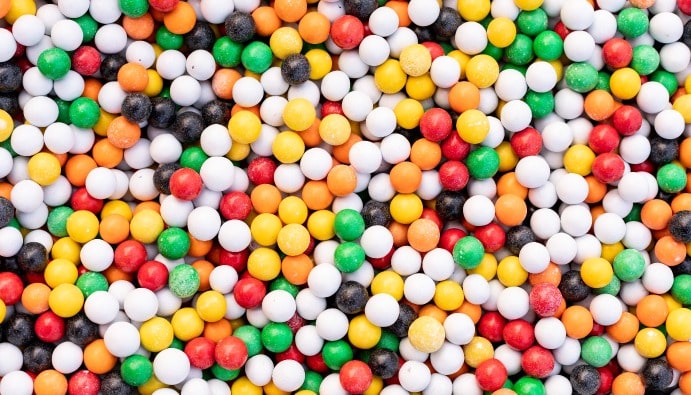What is a Food Additive and What Is It Not?
What is a Food Additive and What Is It Not?

Every food has a unique chemical profile. It is the chemical compounds they contain that determine the taste, value, color and quality of foods.
Food chemical ingredients are food ingredients such as salt, flour, sugar, and food additives added during food preparation and processing.
food additives; “Whether it has nutritive value or not, it is not consumed as food alone and is not used as a characteristic component of food, is deliberately added to food during production, treatment, processing, preparation, packaging, transportation or storage stages for a technological purpose, and which itself or its by-products, directly or are the substances that are expected to be components of that food indirectly.
The purpose and amount of food additives have been determined within the scope of the Turkish Food Codex. food additives; It does not include contaminants and compounds such as vitamins and minerals added as nutrients.
So What Are Not Food Additives?
Food Contaminant: Substances that are not consciously added to the food, formed during the food processing process or transmitted from the environment. It generally includes plant and animal drug residues. Pesticide residues, veterinary drug residues, heavy metals, mycotoxins, dioxin, PCB can be given as examples.
Food Components: Products such as sugar and milk powder are thought to be additives even though they are food components.
Food additives can be natural, nature-identical or synthetic. However, additives must meet certain conditions in order to be used:
- It must be proven that it is harmless in terms of human health
- Must meet consumer expectation
- Purity criteria must be determined and controllable
